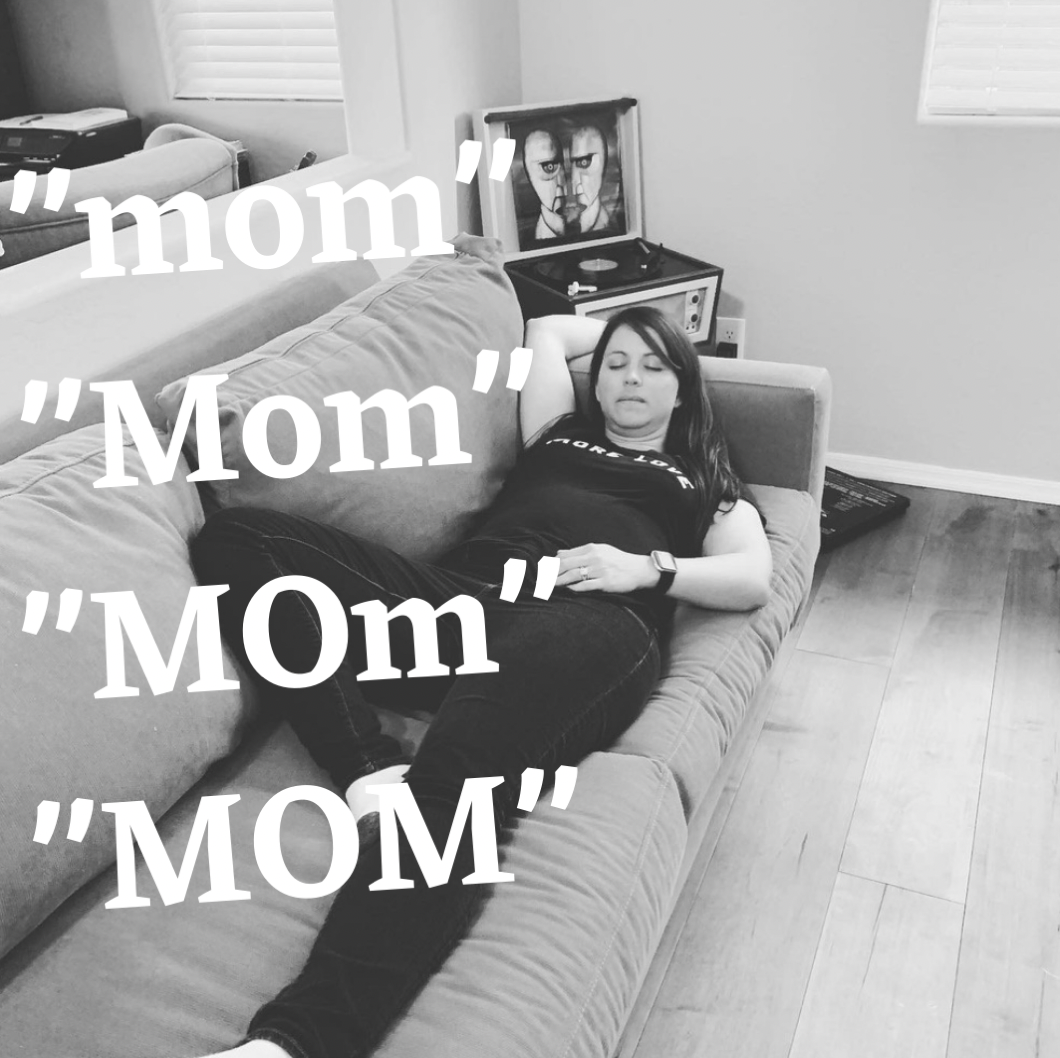Why won't they talk to us?
"Mom."
"Mom."
"Mom."
"Mom."
"Mom."
"Mom."
Silence.
Toddler to teenager, so much changes and it changes well before we are ready as grown ups for these living, breathing beings in our homes to take flight. They go from needy, wanting, and requiring to pushing us out of the bedroom door, shutting us out with ear buds, and choosing friends over family. It can become infuriating and intensely sad as we learn to let go of these humans we have raised.
We are supposed to slowly let go of them, let them do more on their own, give them more agency as my dear friend Katey McPherson would say. "Agency." I want to but it sort of hurts my heart too. Not immediately, like today I really would love some time alone to just stare at a social media, Netflix, or the wall. But then a memory comes up on Facebook of my grown babies from 4 years ago. I want that time back. I want to listen to every detail of what they are interested in. I want to watch them play just to see them. I want to cuddle and watch movies I have no interest in.
But even as I sit here and write this, my youngest daughter is on the phone with a friend while she cleans up the pee from our dog Zozo on the floor. (She got scared because she took a toy and thought she was going to be in trouble so she pee'd, naturally. Why can't girl dogs get it together? LOL) Our youngest is practicing drawing and the middle is downstairs coloring while she watches something on TV. Somewhere along the way, I stopped listening so intently every time they made even the smallest of sounds. I turned the monitor off. I tuned out and I'm sure I am not alone in this.
When I am on campus as a teacher, and now a school counselor, students often reply when I ask, "have you talked to your grown-ups about this?" "No, they don't listen or they just get mad at me."
This is why they aren't talking anymore.
If I knew that when I spoke or looked for empathy or compassion that I would be met with judgment and criticism, I wouldn't go to that person anymore either. When students tell me their stories, I generally say nothing except for sentences that extend the conversation.
Tell me more about what happened?
So what I'm hearing you say is....
Wow, that must have been really [emotion].
Can you tell me more about [person]?
How does/did that make you feel?
Thank you for confiding in me.
I'm here whenever you want to share.
Do you want advice or do you just want me to listen?
I try to give them enough space so they KEEP talking. If I start judging or offering unsolicited advice, they will stop the conversation prematurely and likely will not return for another conversation.
So back to my own kiddos, why am I choosing to be here writing instead of engaging with them?
Why? Because that is life.
If we engage in every activity, every time our child does something mildly interesting, we will burn out. We could run the risk of them becoming our whole life and then we will be lost when the day comes that they don't need us that much anymore. We lose ourselves and honestly what they may come to love the most about us as adults. Parents who make their child their entire life lose the opportunity to explore life WITH their children, to expose them to new hobbies, adventures, and experiences. I do not want to graduate out my last child and realize I don't know who I am anymore.
Here is where I see some adults missing the difference between letting go to provide their child agency and ceasing to engage in relationships with their child. When we allow our children to learn how to be adults and give them space to make decisions on their own, we are supposed to continue to talk through those developments, guide them, provide them support when they do make the wrong decision (because they often will), and be there to catch them when they need us. There will be times when they just want us to be physically present to allow them to feel defeated, sad, or elated something good happened.
My advice, continue to listen to whatever they want to talk about. Continue to teach life skills like cooking, washing laundry, chores, taking care of the car or pet, and how to manage life as an adult. Most importantly teach them how to create and maintain strong, positive relationships.
Listen even when you are tired. Listen even when you don't understand what they are talking about. Listen even when they are so very wrong. Listen without judgment. Listen without impending punishment.
Listen with the intent to empathize. Discern in every situation whether they need your advice, time to process, or just a hug.

